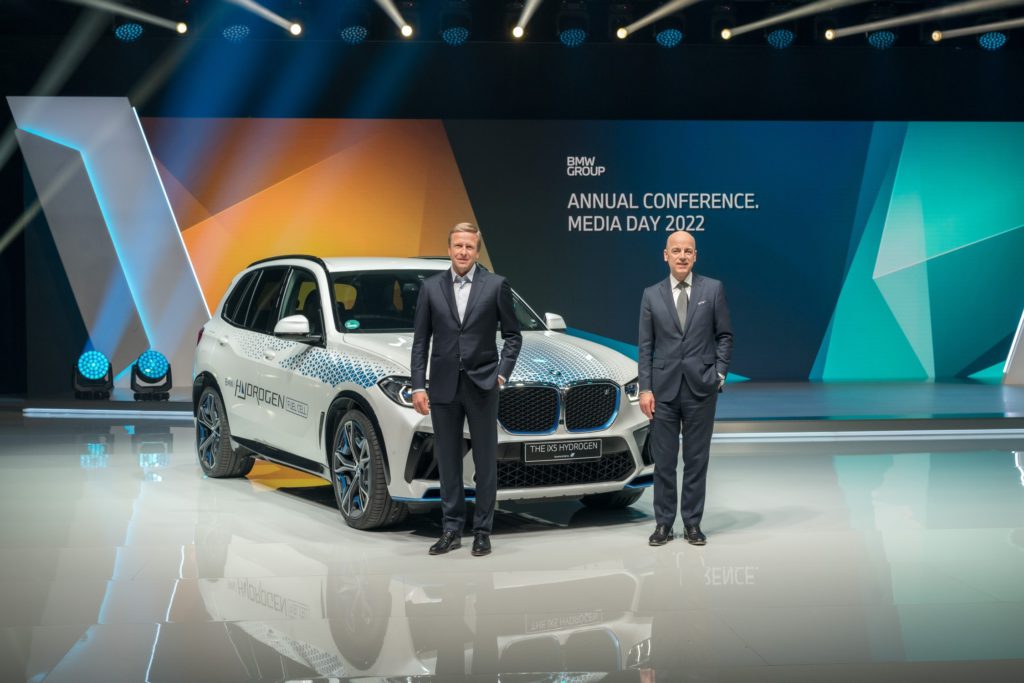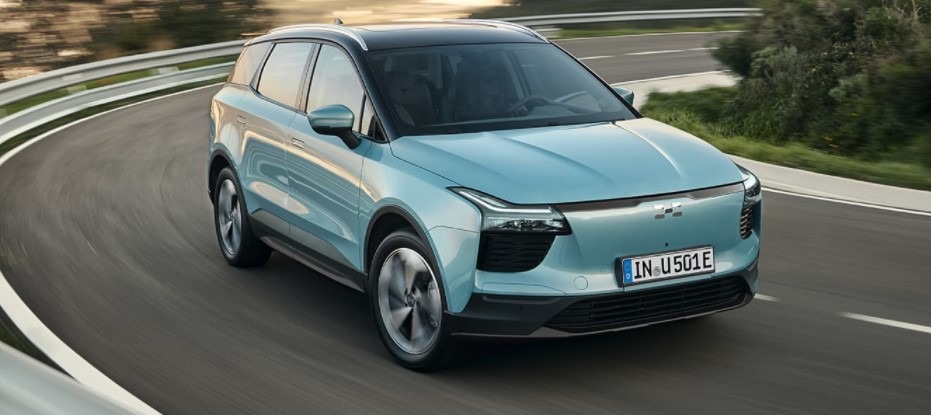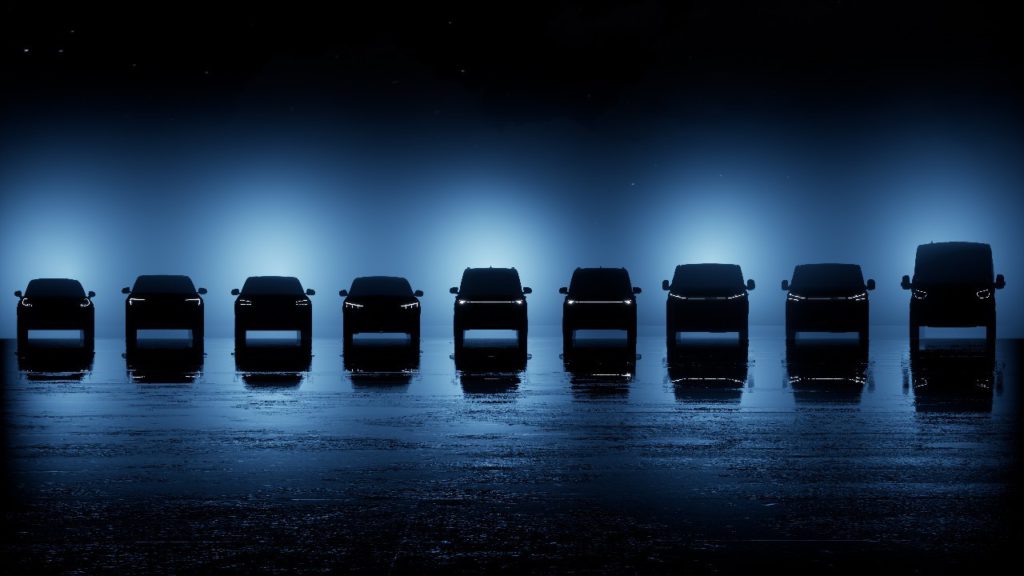Porsche speeds up shift to produce electric vehicles
21 March 2022

German luxury carmaker Porsche has increased its electrification targets, saying more than 80% of its new vehicles would be fully electric in 2030. The company said the shift to electric vehicles (EVs) would accelerate in the coming years.
During the group’s annual press conference, the car manufacturer revealed that nearly 40% of all new Porsche vehicles delivered in Europe in 2021 were electric, including battery-electric models (BEVs) and plug-in hybrids (PHEVs).
The carmaker announced it would go carbon-neutral by the end of this decade, including the entire value chain. In 2025, half of all new Porsche sales are expected to come from EVs. The Volkswagen (VW)-owned brand wants to achieve these goals by investing in premium charging and is also planning extensive investments in core technologies, including EV battery systems and module production.
To this end, Porsche’s joint venture Cellforce Group will develop high-performance battery cells, which will go into production by 2024. Cellforce Group will build its manufacturing facility for EV battery cells south of Stuttgart, close to the company’s headquarters in Zuffenhausen.
EVs drive transformation
Porsche’s first all-electric sports car, the Taycan, marked the beginning of a new era for the carmaker as it systematically expands its electromobility product range. It was launched in 2020, outselling the 911 model in 2021. The carmaker plans to reveal an electric Macan SUV next year and has also announced that it would add an electric version of its 718 range (Boxster and Cayman) of sports cars to its line-up by the middle of the decade.
‘Our industry is experiencing what is probably the greatest transformation in its history,’ said Porsche chief executive, Oliver Blume. ‘We set a strategic course early on and are robust on the operational front.’
The carmaker saw 2021 sales rise by 15% to €33.1 billion, positive results, which Blume said were based on Porsche’s ‘innovative’ and ‘forward-looking’ decisions. The German brand is eager to drive investments in electrification, digitalisation, and sustainability and said it was excellently positioned to do so. Last year, Porsche announced it would inject more than €15 billion in these areas by 2025.
300,000 new cars delivered
While the manufacturer delivered more than 300,000 vehicles worldwide in 2021, the strongest results in the company’s history, it was not unaffected by the semiconductor shortage, with the war in Ukraine adding further disruption. In certain cases, on-schedule production is no longer feasible as the supply chains for Porsche sites have been impacted by Russia’s invasion of Ukraine.
The carmaker suspended vehicle deliveries to Russia early in March, saying the situation was creating high levels of uncertainty and upheavals. ‘We have challenging months ahead of us, both economically and politically, but we are nevertheless sticking to our strategic goal, which has been firmly anchored for years, of ensuring an operating return on sales of at least 15% in the long term,’ said Porsche CFO Lutz Meschke.
Parent company VW Group is currently considering a potential stock market flotation of Porsche, which would allow the brand to raise its profile, unlock major value, and increase its entrepreneurial freedom. The initial public offering (IPO) could be one of the largest stock-market debuts, with analysts estimating the carmaker could be valued at up to €90 billion.



